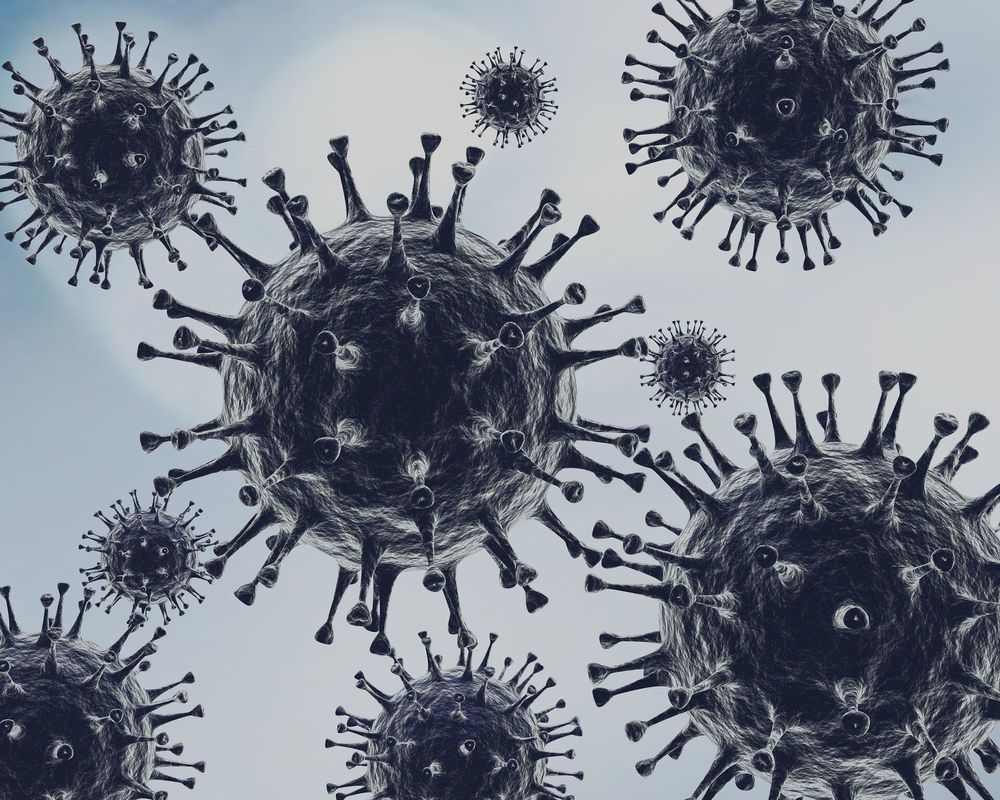When drugs to kill microbes are ineffective, host-directed therapy uses the body’s own immune system to deal with the infection. This approach is being tested in patients with COVID-19, and now a team of researchers at Trinity College Dublin has published a study showing how it might also work in the fight against tuberculosis (TB). The findings are published in the journal Frontiers in Immunology.
Although the bacteria that causes TB (called Mtb) has scourged humankind for millennia, we do not fully understand the complexities and interplay of the human immune response to this ancient bug. Worryingly, there are increasing numbers of people with antibiotic resistant TB, which is hard to treat and is becoming a global threat to public health.
Scientists at the Trinity Translational Medicine Institute (TTMI) at St. James’s Hospital are dedicated to understanding the intricacies of the human immune response to Mtb with the aim of finding ways to target and promote the immune response to overcome the infection. Scientists already know that the human immune response can both under or over respond to the bacteria resulting in a difficulty to treat the disease. This complex immune response is analogous to driving with both the accelerator and the brakes fully engaged at the same time.
